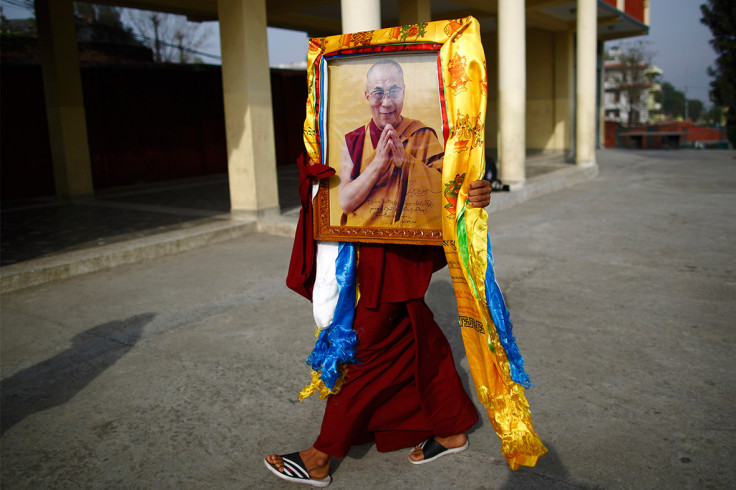Is China Trying to Wipe Out the Tibetan Race By Promoting Interracial Marriages?

The Chinese government has been accused of trying to stamp out Tibetan culture and religion by promoting interracial marriage, in an attempt to 'ethnically cleanse' the Tibetan race.
In recent weeks, Chinese officials have ordered a series of stories in newspapers in the Tibetan Autonomous Region promoting mixed marriage between Tibetan and Han Chinese people.
New government reports also state that China's communist government has adopted a series of policies in recent years particularly favourable to interracial couples, the Washington Post reports.
It is claimed by critics of the Chinese regime that these actions are an attempt to assimilate Tibetans and stamp out their "rebellious impulses".
Media marriage campaign
In recent weeks government-run newspapers in Tibet have featured happy mixed-race couples whose children speak Tibetan and Mandarin. But Tibetans fear losing their culture and traditions.
China's highest official in the Tibetan region, Chen Quanguo, recently staged a series of photos with 19 mixed-race families.
At the meeting in June, Chen said: "As the saying goes, 'blood is thicker than water,' we should make out ethnic relationship like that."
He went on to say the government must "actively promote intermarriages", state-run Tibetan daily newspaper, People.cn reports.
The government's push appears to have seen some success, and a report published this month by the Communist Party's research office in Tibet says mixed marriages between Tibetans and Han Chinese have increased annually for the last five years, from 666 couples in 2008 to almost 5,000 in 2013.
'Weakening' of Tibetian culture
Tibet's population is roughly 90 percent Tibetan and 8 percent Han Chinese. In China, almost exactly the opposite is true, and less than 1% of the population is Tibetan, while 92% of people in China are Han Chinese.
The Chinese government is reported to have "sold the effort in state-run media as a way to achieve ethnic unity", say the Washington Post, but critics argue that its true aim is to further weaken Tibetan culture.
Tibetan poet and activist Tsering Woeser, who has frequently clashed with the Chinese authorities, likened the promotion of intermarriage to the "worst practices of colonisation" and compared it to "Japanese police being encouraged to marry local women during Japan's occupation of Taiwan".
China has ruled Tibet for more than 60 years.
In that time China's Communist Party leaders have been accused by human rights groups of trying to cow the region by imprisoning Tibetan political prisoners, repressing their religion and culture, and keeping their leader the Dalai Lama in exile.
© Copyright IBTimes 2025. All rights reserved.





















